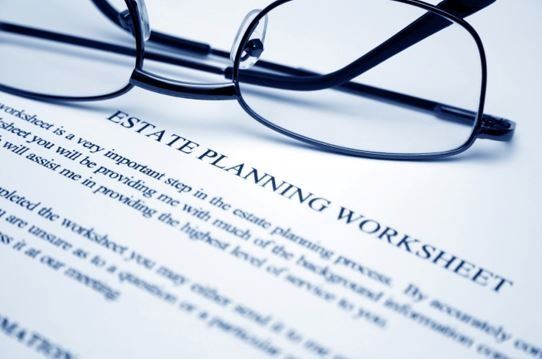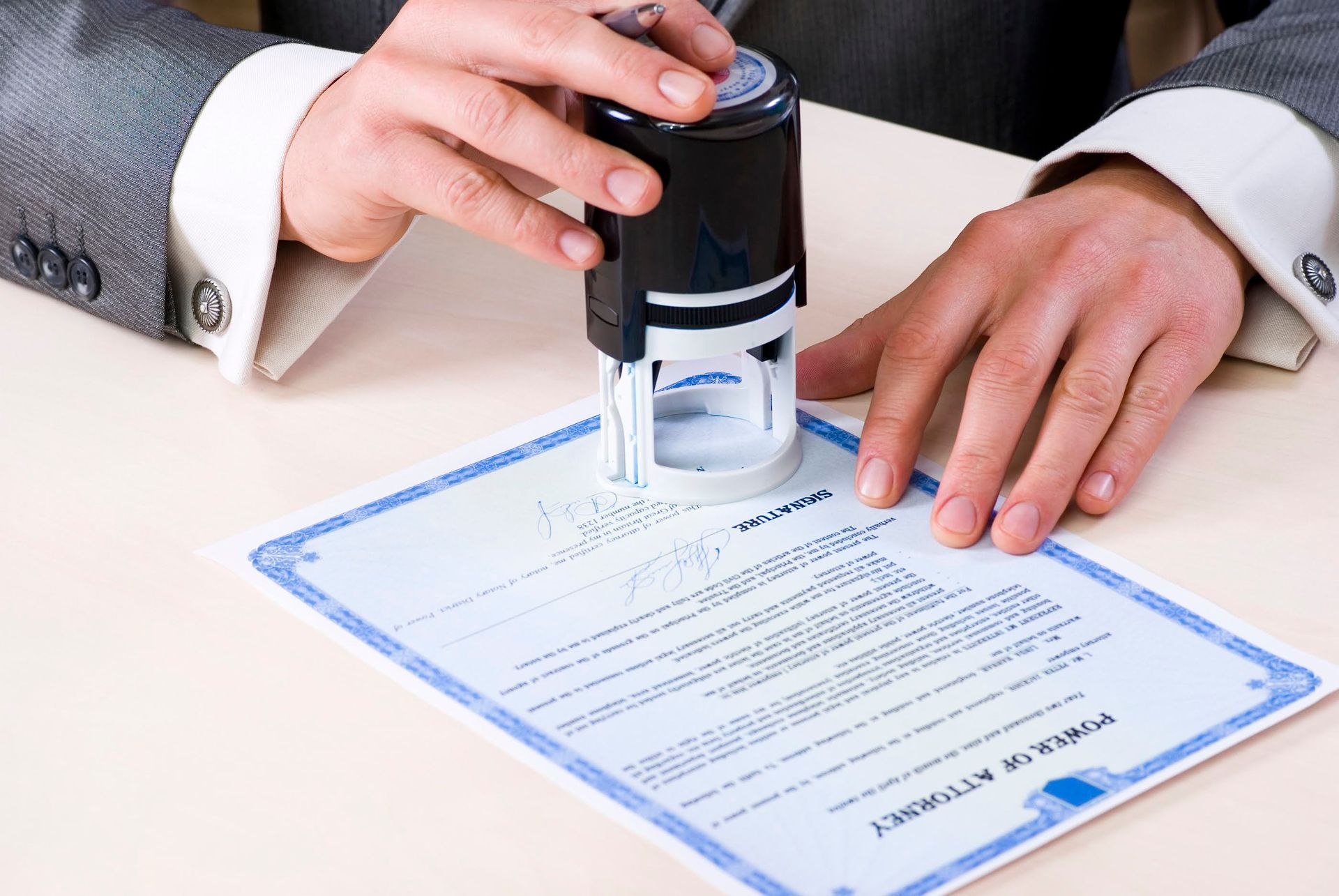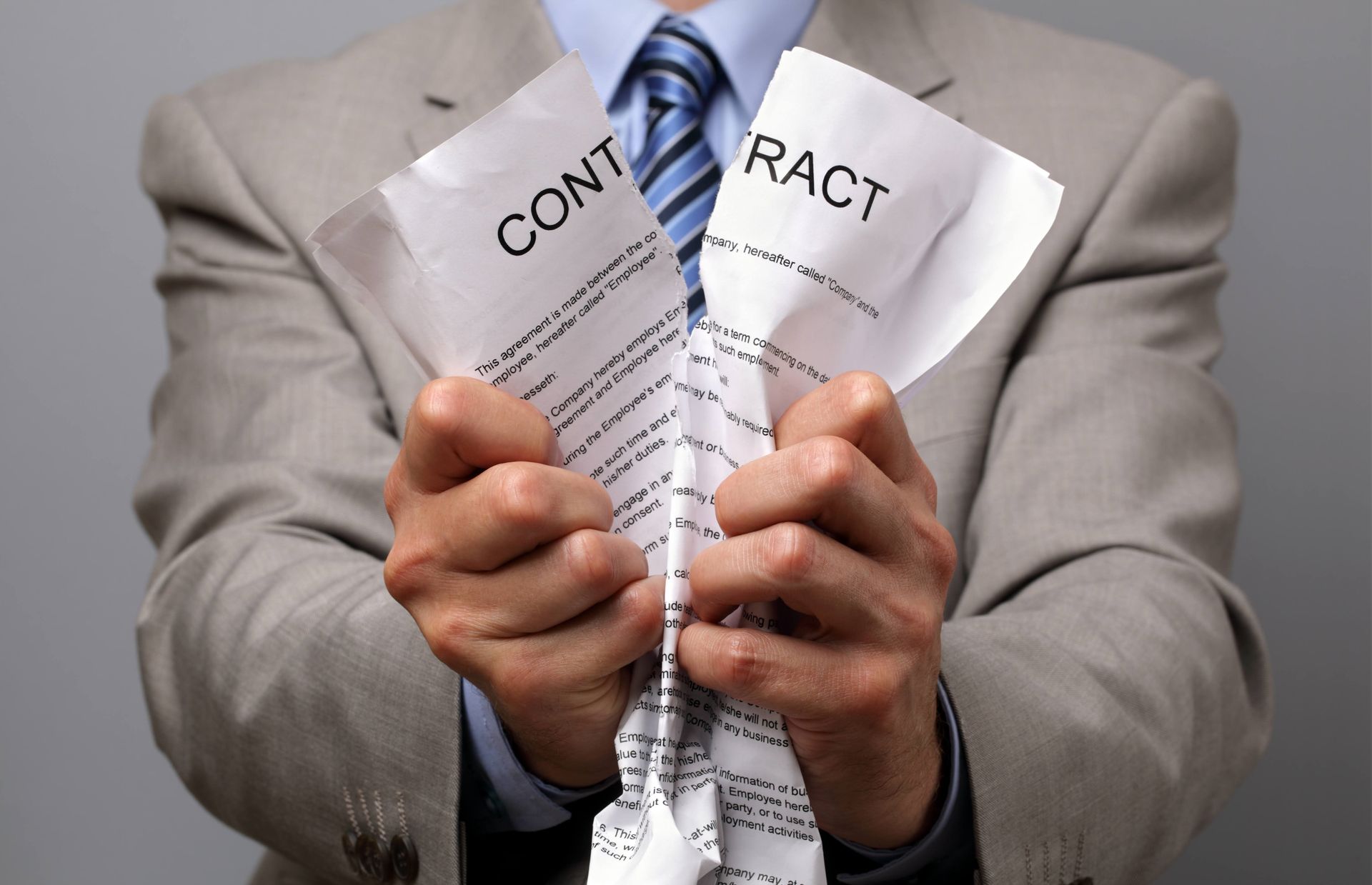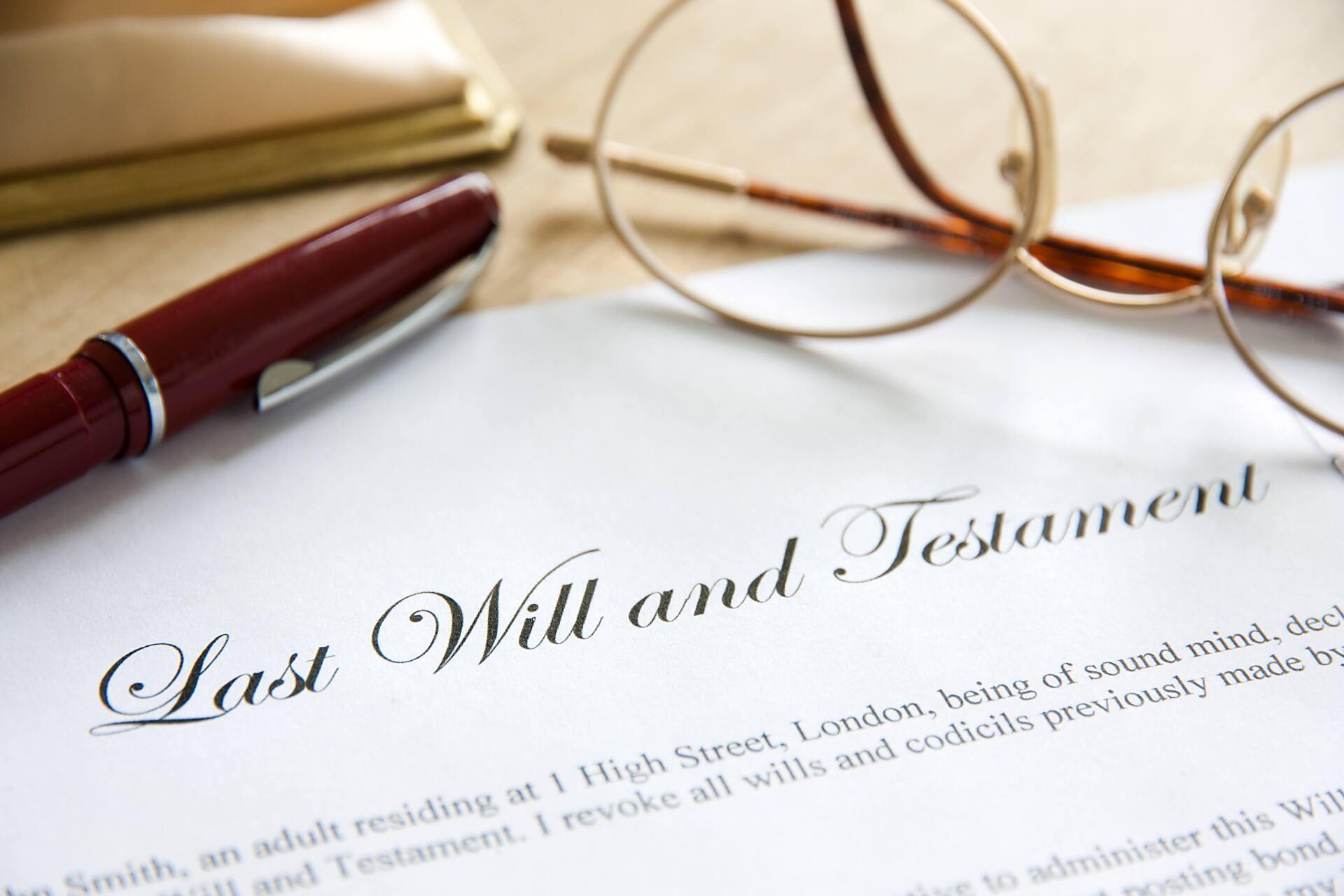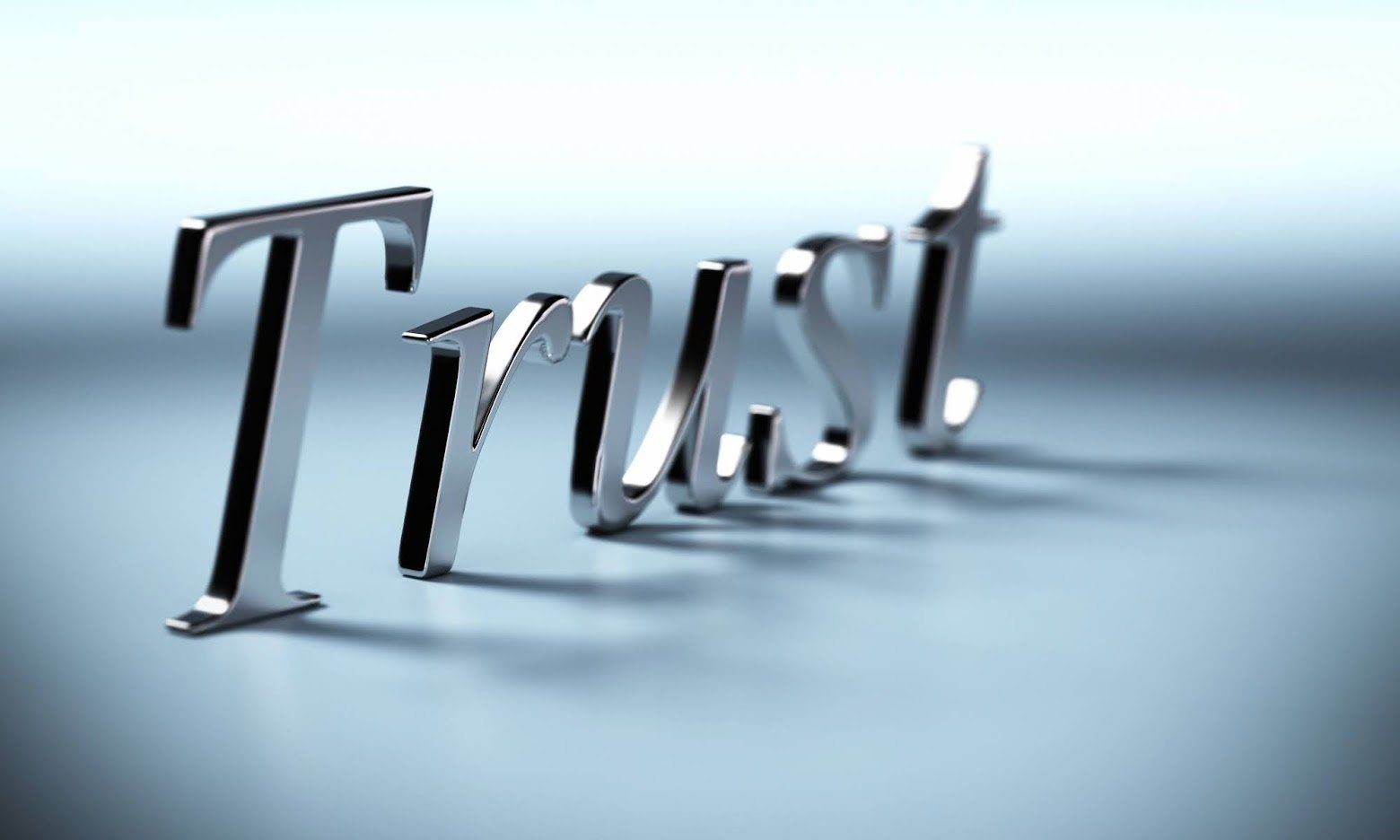Estate Planning: What You Need to Know
Every person should have an estate plan in place. Estate plans are unique to each person and detail things such as what happens to your property and money after your death. If you do not have a plan in place, your local government will step in and could go against what you had in mind.
And while most people choose to have a lawyer create their estate plan for them, you should know the basics so that you can work more closely with your attorney. With that in mind, discover what you need to know when figuring out your estate plan.
Debt Coverage
One of the first things you will want to think about is how you will cover any debts. A great way to do this is to secure auto, home, life, and disability insurance. These policies will protect you in the event of a sudden accident and can help to cover any outstanding debts, including burial costs. You should consider the outstanding debts you are likely to have in the future and factor these into the insurance plans that you pick.
Asset Ownership
Next, you will want to think about what happens to your assets after your death. Assets include things such as homes and cars. In your estate plan, you can designate who will receive ownership of these assets. To do this, you could add the recipient as a co-owner on the title now.
Depending on the value of the asset, you might have some federal gift taxes involved, so you will want to consult with your lawyer before beginning this process.
Beneficiary Designation
If you do not want to add someone as a joint owner to your assets now, you can designate them as a beneficiary instead. As a designated beneficiary, the person will receive the property upon your death but will not be a co-owner before then. This is typically done for things like bank and other financial accounts but can sometimes be useful for real estate and motor vehicles.
Power of Attorney
You can consider two types of powers of attorney as a part of your estate planning. The first is a financial power of attorney, which is when you authorize someone to act on your behalf as it relates to financial matters. You can either choose to grant this power right away or at some future event, such as incapacitation or death.
Similarly, you can grant a healthcare power of attorney. This person will have the authority to make healthcare-related decisions for you, in the event you are unable to. Discuss your healthcare decisions with this person, or leave instructions within your estate plan.
Final Instructions
Finally, as a part of your estate plan, you can leave any final instructions that you would like to pass on. You can leave instructions such as where to find financial accounts, passwords for certain online accounts, contact information for close relatives and friends, and any desires you have regarding your burial ceremony.
A document outlining all this included in your estate plan will be of great assistance to whomever you entrust with responsibilities after your death.
Start Preparing Your Estate Today
We never know what the future holds, so be prepared. You should start thinking about your estate plans as soon as you can so that you can rest easy knowing that things are taken care of no matter what happens. So whether you start an estate plan from scratch, or you want to update an existing one, please contact Donald B. Linsky & Associate PA for a consultation today. We look forward to hearing from you.
CONTACT INFORMATION
Sun City Center FL 33573

